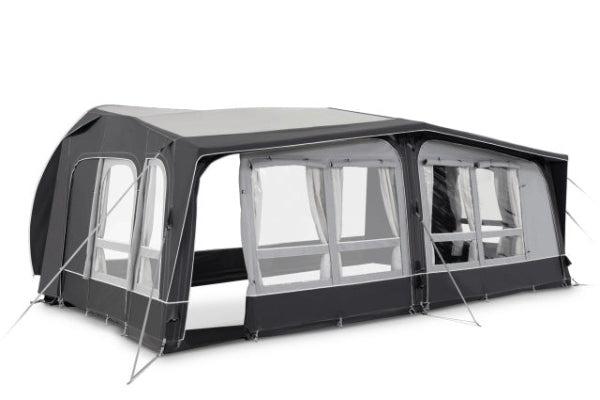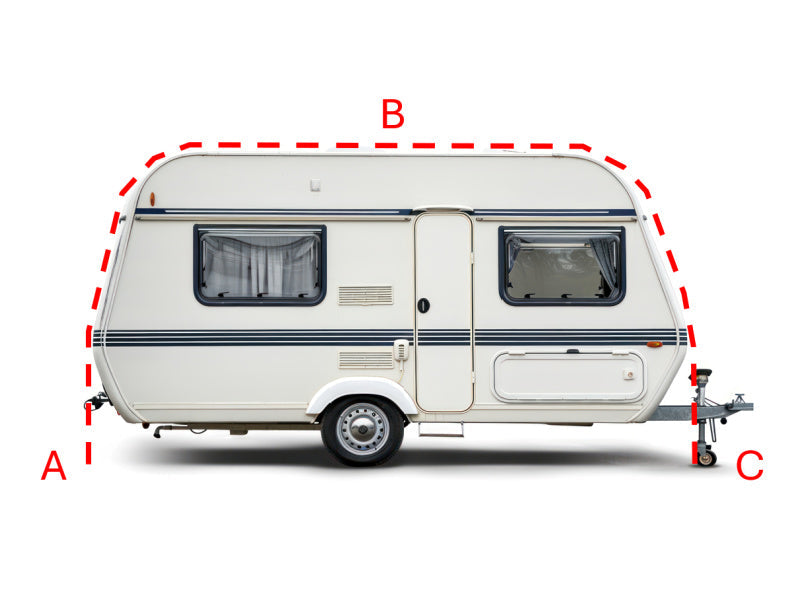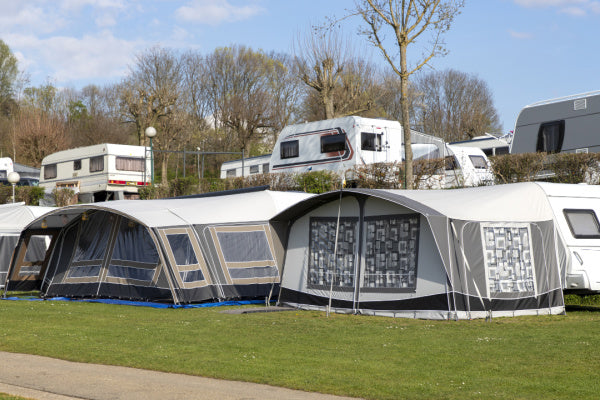Can a 12V Fridge Drain Your Car Battery?
Will a 12V camping refrigerator drain your car battery? Short answer: yes, it can — if you’re not careful. But don’t panic just yet! With a few smart tricks (and maybe a solar panel or two), you can chill your snacks and start your car. Here's how to stay cool and powered up.
The Direct Answer and Your Fridge's First Line of Defense
Yes, It Can. Understanding Why Your Starter Battery is at Risk
A 12V fridge draws power directly from your car’s battery. Over time, especially when the engine isn’t running, this steady drain can deplete your starter battery. That can leave you unable to start the car when you need it most.
The risk depends on several factors: how long the fridge runs, how efficient it is, and the capacity of your car’s battery.

Starter Batteries vs. Deep Cycle Batteries: The Right Tool for the Job
Starter batteries are built for short, powerful bursts of energy to start your engine. They’re not designed for long, steady drains like running a fridge.
Deep cycle batteries, on the other hand, are made to handle ongoing energy use. They’re far better suited to power a 12V fridge for extended periods.
How a 12V Fridge Cycles and Consumes Power
12V fridges don’t run constantly. They cycle on and off to maintain a steady temperature.
Most models consume between 30 and 60 watts. That equals around 2.5 to 5 amps when running at 12 volts.
Power use varies depending on insulation, ambient temperature, and how often the door is opened.
Your Fridge’s Built-In Protection: The Low-Voltage Cut-Off (LVC)
How a Low-Voltage Cut-Off Works to Save Your Starter Battery
Many fridges come with a low-voltage cut-off (LVC) feature. This setting automatically cuts power to the fridge when the battery voltage gets too low.
It’s a simple but essential safeguard to prevent your car battery from draining too far to start your vehicle.
Understanding the Different LVC Settings (High, Medium, and Low)
LVC settings usually come in high, medium, and low. A “high” setting cuts power sooner, offering maximum battery protection.
A “low” setting allows the fridge to run longer but risks deeper battery drain. Each level balances performance with safety differently.

How to Set the LVC Correctly for Your Vehicle
Check your battery’s specifications before adjusting the LVC. For standard car batteries, medium or high is often safest.
If you’ve got a dual battery setup and are using a deep cycle battery, a lower setting may be more suitable.
The Best Solutions to Power Your Fridge Without Worry
The Gold Standard: Using a Dual Battery System
How a Second, Isolated Battery Powers Your Accessories
A dual battery system uses two batteries: one to start the engine, the other to power your fridge and accessories. They are electrically isolated, so the fridge won’t affect your starter battery.
This setup ensures peace of mind when camping off-grid or using your fridge for long periods.
The Role of a DC-to-DC Charger in Keeping it Topped Up
A DC-to-DC charger keeps your auxiliary battery charged while you drive. It also manages how current flows between the batteries.
This ensures both batteries charge properly without one draining the other.
The Convenient Alternative: Portable Power Stations
Why All-in-One Power Stations are So Popular
Portable power stations are a simple plug-and-play option. They can run a 12V fridge and other gadgets with no installation needed.
Ideal for weekend trips or those who want flexibility without complex wiring.
How to Charge a Power Station from Your Car and Solar
Most power stations can be charged using your car’s 12V socket or a solar panel. This makes them perfect for off-grid use, especially when mains power isn’t available.
Just plug in while driving or harness the sun at your campsite.

Factors That Determine How Fast Your Battery Drains
Ambient Temperature: The #1 Power-Draining Factor
Hot weather is one of the biggest power drains. The hotter it is, the harder your fridge works to stay cold.
Parking in the shade or insulating the fridge can help reduce power use.
Your Fridge's Temperature Setting and Usage Habits
Setting your fridge too cold increases power draw. So does opening it frequently or loading it with warm items.
Adjust habits where possible to reduce battery strain.
The Size and Health of Your Battery
A large, healthy battery provides longer fridge run-time. Old or damaged batteries lose charge faster and may not handle sustained loads well.
Always check your battery’s condition before heading out.
Other content you might like:
- Can You Run Your Camper Fridge While Driving?
- What Happens If You Don't Wait 24 Hours To Plug A Fridge In?
- Can I Plug In A Mini Fridge Right Away?
- Can I Run A Camping Fridge On Solar Power
- Can You Power A Camping Fridge
- Can You Run A Camping Fridge While Driving
- Can You Take A Fridge Camping
- Do Camper Fridges Run Off Propane?
- Does A Camping Fridge Use Much Electricity?
- What Are The Disadvantages Of Camping Fridges
- What Is The Best Way To Power A Camping Fridge?
- What Is The Difference Between A RV Fridge And A Regular Fridge?
- What Size Solar Panel Do I Need For A Camping Fridge
- Where To Buy Camping Fridge





Leave a comment